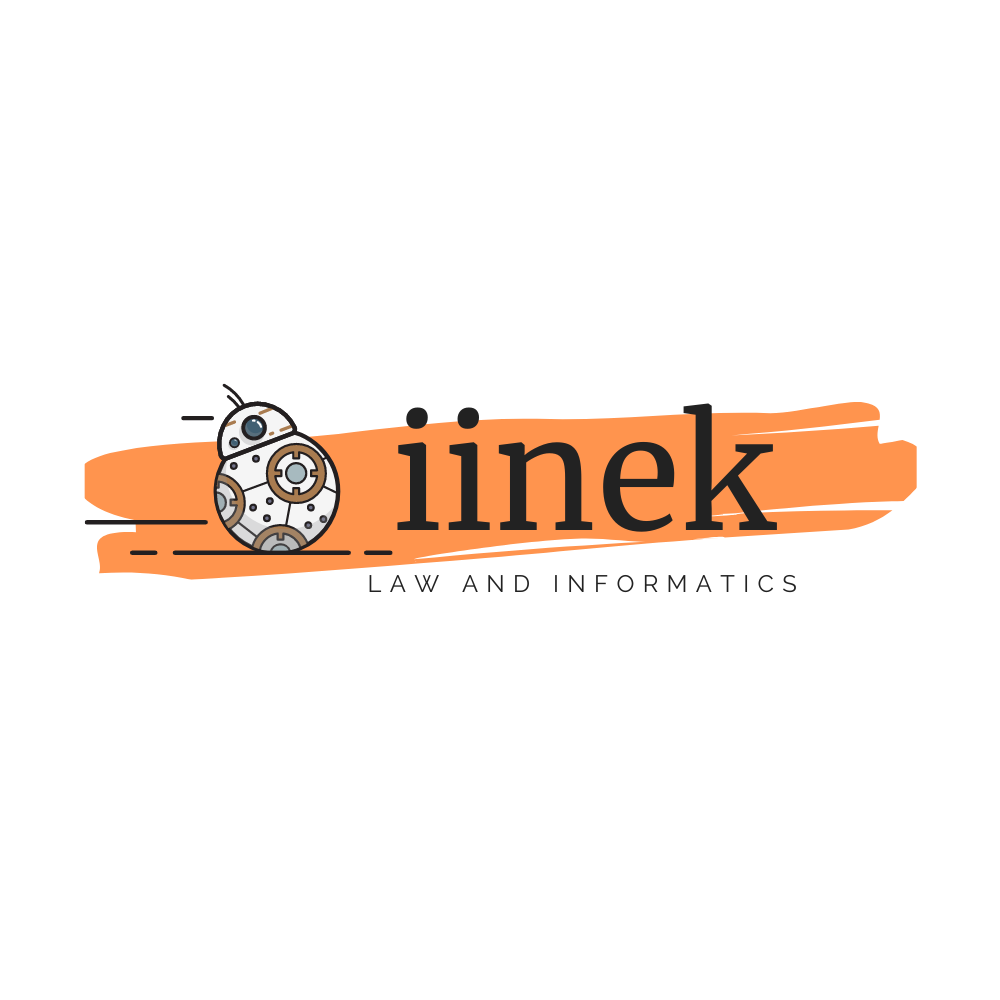Reading a lot of material on the user perspective of information retrieval, I came across the following quote:
[…] despite experience with using general-purpose search engines, users may never discover strategies such as those known by the expert reference librarians. The knowledge to use such strategies needs to be explicitly taught. Furthermore, the decomposition and associated explication of the declarative and procedural components pin-points the knowledge that needs to be transmitted to users.
Marcia J Bates & Suresh K. Bhavnani, Separating the knowledge layers: Cognitive analysis of search knowledge through hierarchical goal decompositions, Proceedings of the American Society for Information Science and Technology, 2002, 39(1), pp. 204-13
Bates and Bhavnani, very interestingly, point out that information retrieval involves different skills and knowledges, both declarative knowledge and procedural knowledge and that these skills have to play together in order for users to search effectively and retrieve sources of high quality.
Despite the common conception that individuals who can use Google are also very good at searching, the article shows that this is not the case. In my opinion, the simplicity of search engines’ interface contributes to the misconception that search is easy. Just type in a few words and let the computers do the rest. Knowing a bit more about the technology behind, at least which factors are taken into consideration when deciding on a document’s relevance, might help educating users about this everyday task which nevertheless might be of great importance.
